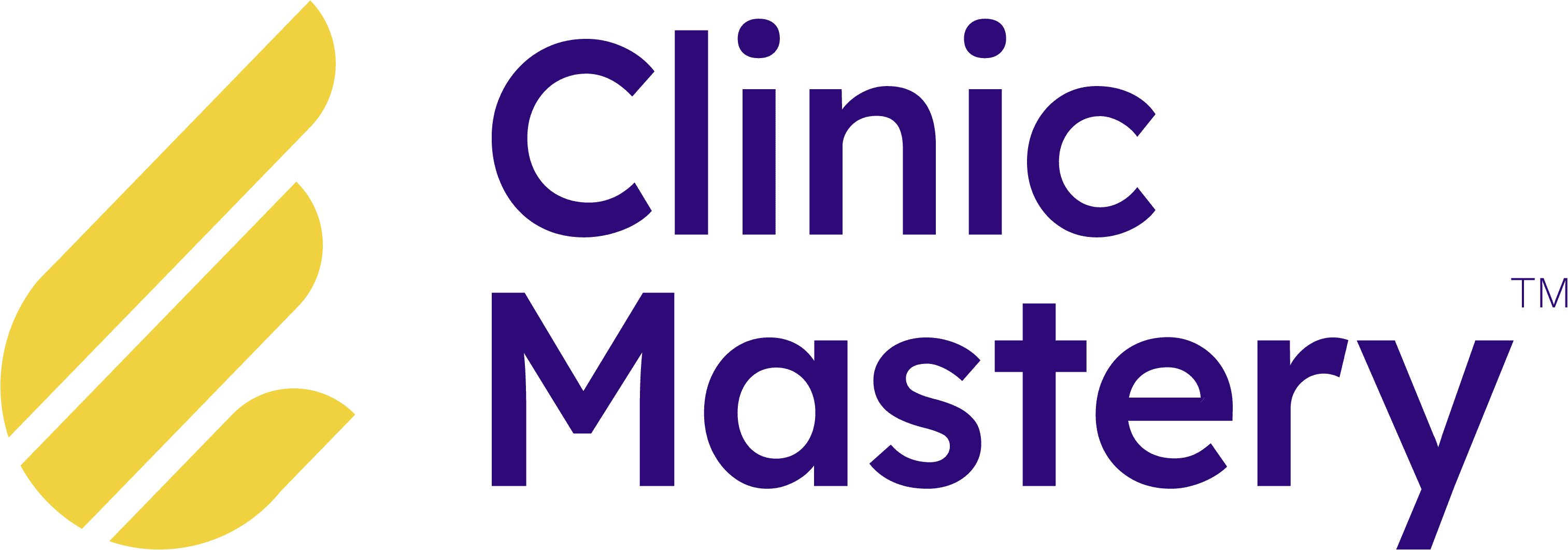In this episode, we discuss the importance of delegations of authority in reducing reliance on the clinic owner and improving decision-making processes.
Ben talks about how delegation of authority allows for clear identification of who can make specific decisions within the clinic.
By documenting the responsibilities and authority of each role, the clinic owner can create a more structured and purposeful decision-making process, which helps to reduce overwhelm and ensures that important decisions are made within established parameters.
It also emphasizes the need for accountability and reporting back to the clinic owner or relevant stakeholders.
Quotes
03:04 - "A delegation of authority schedule sets out the different functional areas of your business and allows you to create the clarity as a specific example, the dollar value and perhaps criteria or under what circumstances a decision could be made without any external advice or authority given."
04:50 - "There's always the trade-off of making things more complex and having too much structure that bottlenecks."
06:52 - "The delegations of authority is such a key policy and then process off the back of it to reduce the decision-making reliance on you or any particular person."
07:50 - "Delegation of authority, a really key thing for you to do to scale up as you grow your clinic, to reduce a reliance on you or any particular person."
Timestamps:
00:00:00 Intro
00:01:08 Importance of delegations of authority
00:02:37 Examples of delegations of authority
00:03:32 Structure of a delegation of authority schedule
00:04:31 Finding the right balance of structure
00:05:28 Emphasis on budgeting with delegations of authority
00:06:32 Grouping decisions under umbrella terms
00:07:08 Delegated authority versus abdicated authority
00:08:01 Importance of accountability loop







































































































